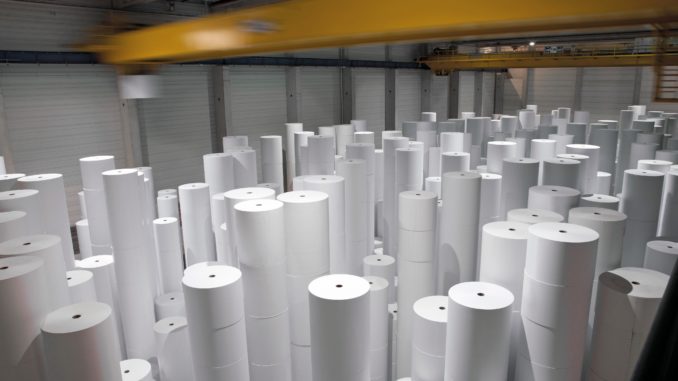
Manufacturing output stabilised in the three months to August, following a drop in July – that’s according to the latest monthly CBI Industrial Trends Survey.
The survey of 286 manufacturing firms revealed that both total order books and export order books were reported as below normal, but to a lesser extent than in July.
Output volumes expanded in seven of 17 sub-sectors in the quarter to August, with the chemicals, mechanical engineering and plastic products sub-sectors driving the positive contributions to growth. Meanwhile, the paper, printing and media sub-sector acted as the primary drag on growth. Respondents expect output volumes to remain unchanged over the next three months.
Manufacturers expect to keep output prices in the next three months broadly unchanged – the lowest balance since February 2016. Present stocks of finished goods were reported as above adequate, but were roughly in line with the long-run average.
Anna Leach, CBI deputy chief economist, said: “Despite signs of stabilisation in the data this month, UK manufactures remain on the receiving end of a double whammy: the slowdown in the global economy and Brexit uncertainty. Trade tensions between nations such as China and the US only exacerbate the demand uncertainty facing UK manufacturers.
“As we get closer to October, it’s crucial that the new prime minister secures a Brexit deal ahead of that deadline and gets on with pressing domestic priorities, from improving our infrastructure to fixing the apprenticeship levy.”
Tom Crotty, group director of INEOS and chair of CBI Manufacturing Council, added: “Relentless Brexit uncertainty has continued to be a millstone around the neck of manufacturing firms as we approach the end of the summer.
“It’s vital that the government lifts this burden by ending the Brexit deadlock. Only then can our manufacturers turn their full attention to long-standing issues affecting the sector, such as solving the skills challenge and improving productivity.”
Meanwhile, official data showed that the economy contracted slightly in the second quarter of the year, as the drive to build stocks ahead of the spring Brexit deadline unwound and car companies adjusted their annual factory shutdowns. Early indications of growth for the third quarter are subdued, with underlying momentum weak. At the same time, global growth is expected to slow as trade tensions continue to erode world trade flows.
Don’t forget to follow Dealer Support on Twitter!

Be the first to comment